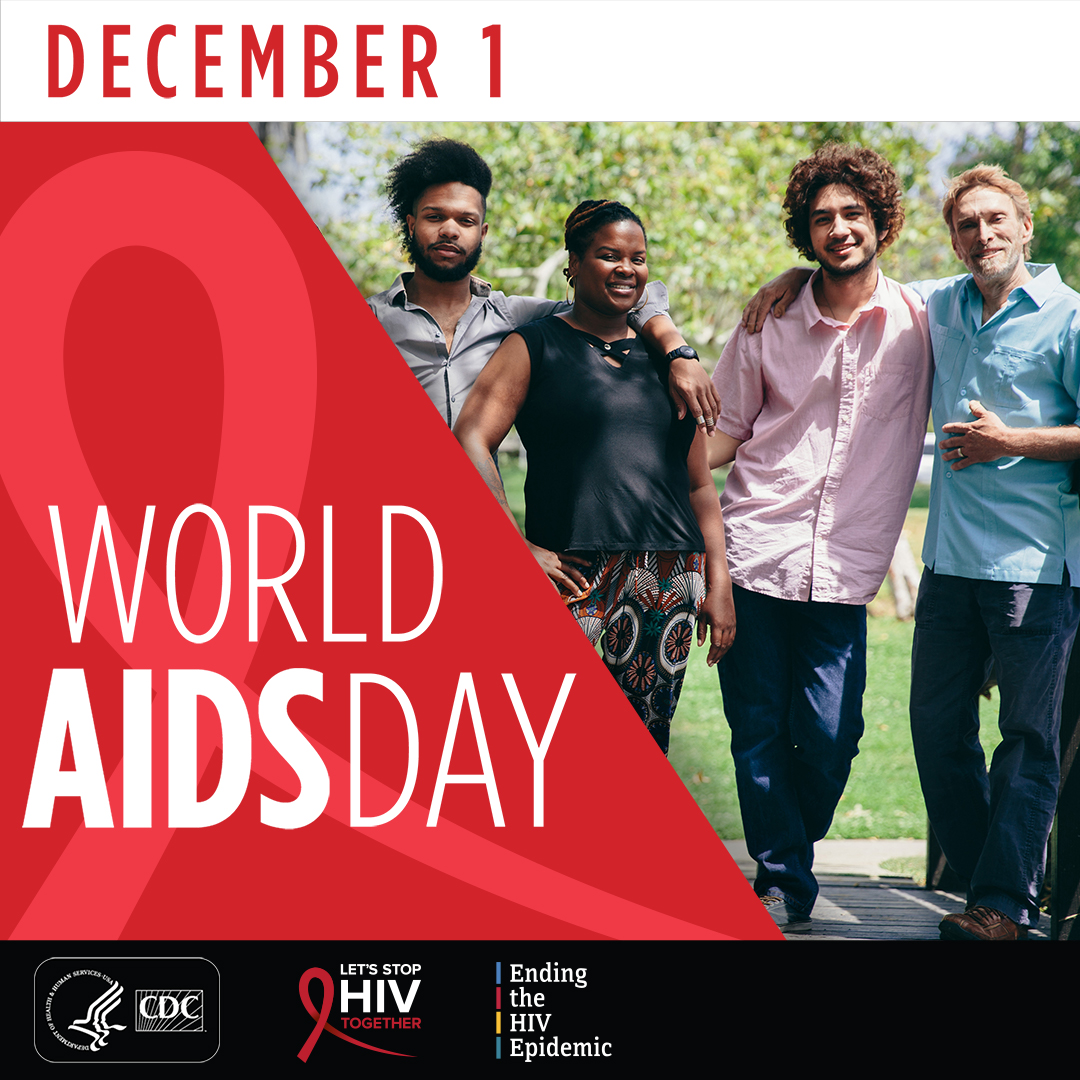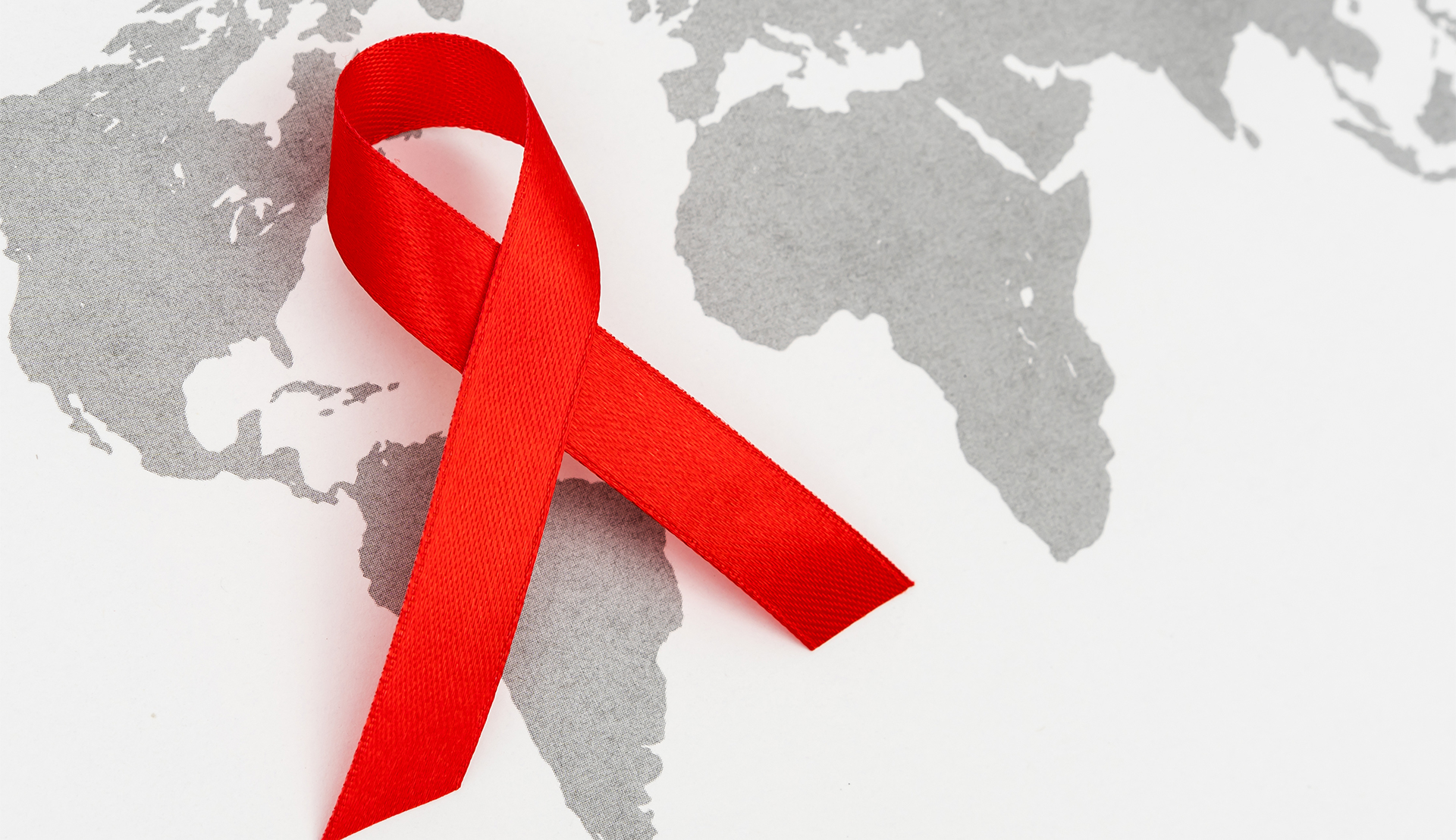March is Women’s History Month! This month celebrates the societal contributions of women. Beginning as a week-long celebration in California in 1978 where students engaged in essay contests, presentations and parades, this idea soon spread across the United States. President Jimmy Carter recognized the week of March 8 as Women’s History Week in 1980; lobbying by the National Women’s History Project led to congress recognizing all of March as Women’s History Month in 1986.
Focusing on the history of women’s suffrage (the right to vote in elections), this year’s theme is “Valiant Women of the Vote: Refusing to Be Silenced.” Made possible with the passage of the 19th Amendment in 1920, women’s right to vote was a hard fought effort by many through marches, protests, demonstrations and petitions. The resounding argument was made that as citizens of the United States and contributing members of society, women deserve all the rights, freedoms and responsibilities afforded to men. This paved the way for quests for equality in the workplace, pay, ability to own property, medical decisions and reproductive rights, and more.
Many women, like Ruth Bader Ginsburg, Eleanor Roosevelt, Harriet Tubman, Sojourner Truth, Shirley Chisholm, and Betty Friedan have been trailblazers for the equality of not just other women, but for all. Their efforts to be the voices of the disenfranchised, poor, excluded and ignored have led to changes in law, practices and societal expectations that have benefited many. Others from around the world, such as Greta Thunberg, Malala Yousafzai, Tarana Burke, Brene’ Brown, Ava DuVernay, and Laverne Cox are currently advocating for women’s recognition, visibility and overall societal growth through advocacy for the environment, LGBTQ+ rights, mental wellness, education, addressing consent and more through the use of art, science, collaboration and the like.
Learn more about Women’s History Month, and recognize and appreciate the women in your life today!





































